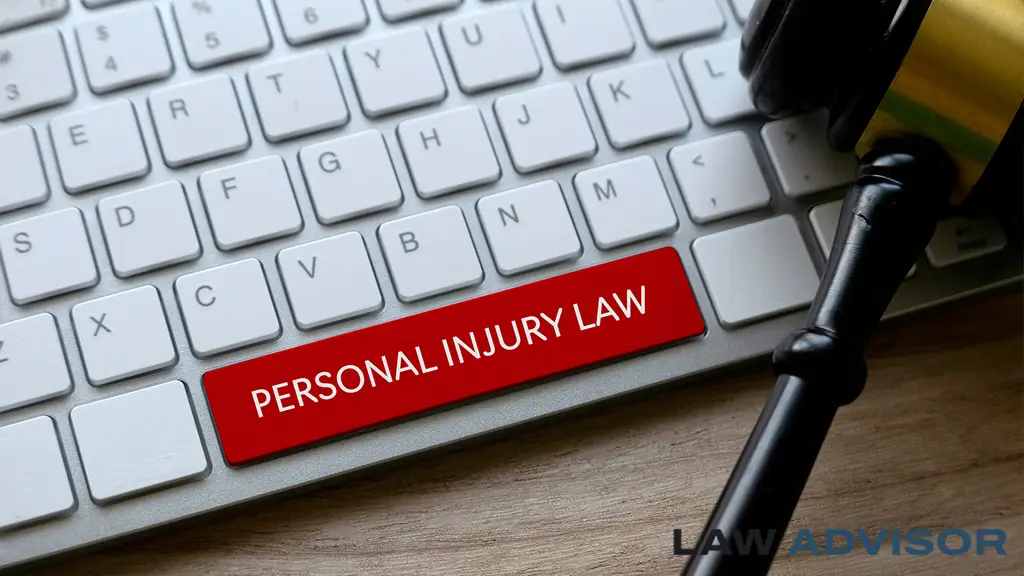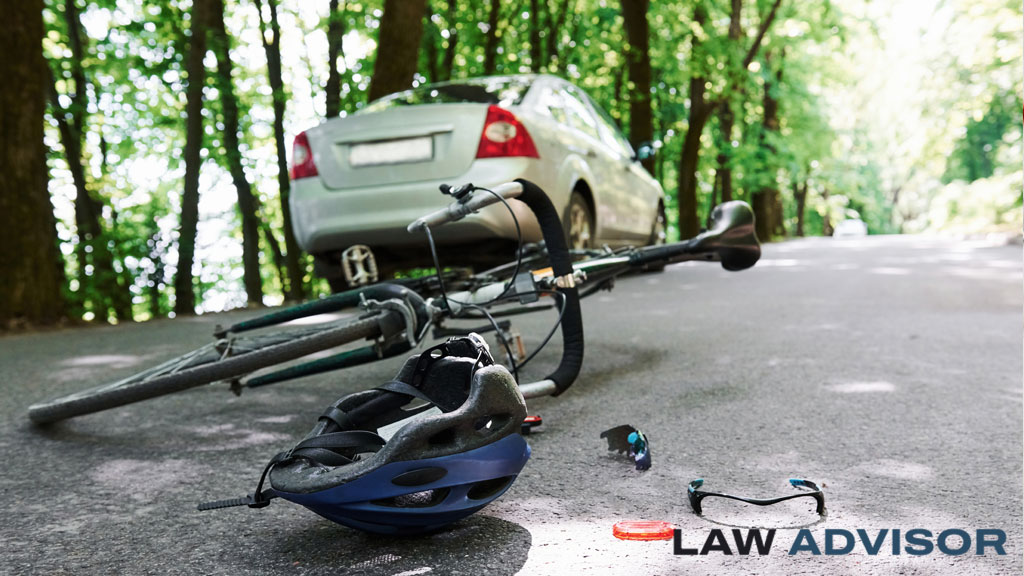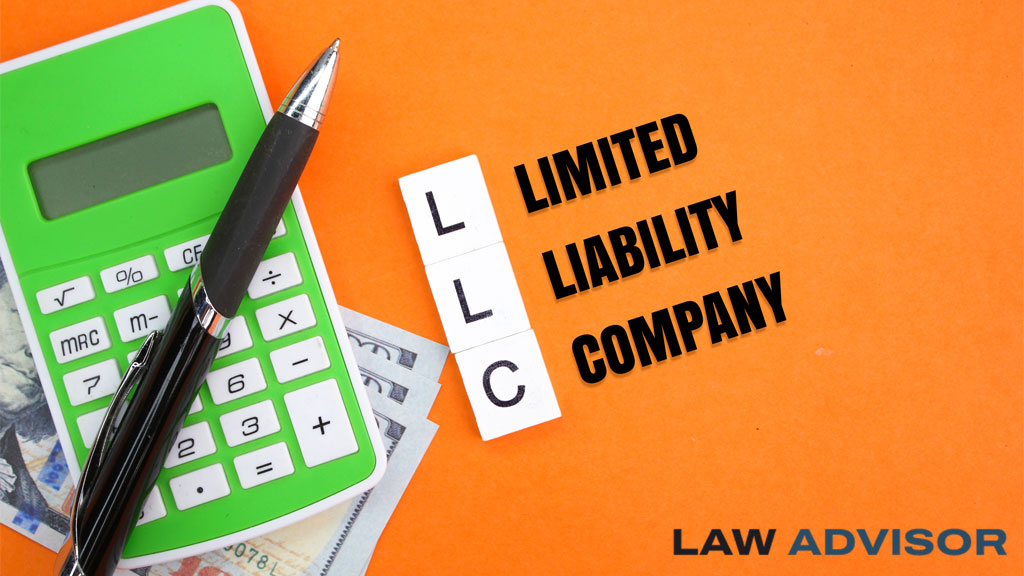Starting a business is a dream for many people looking to be their own boss. The rise of side hustles, freelancing, and online entrepreneurship has made it easier than ever to launch a venture with little to no upfront costs. But here’s the big legal question:
Can you run a business without registering it legally?
The short answer is yes—in certain circumstances, and depending on where and how you’re operating. However, like many legal issues, the full answer involves a deeper look at local laws, business structure, tax obligations, and potential risks.
Let’s break it down in plain English.
🧠 What Does “Registering a Business” Mean?
Registering a business usually refers to formally declaring your business to government authorities—typically at the state, federal, or local level. This could include:
- Filing a business name (Doing Business As or DBA)
- Registering an LLC, partnership, or corporation
- Getting a federal Employer Identification Number (EIN)
- Acquiring local business permits or licenses
You might also need to register for state sales tax, industry-specific licenses, or zoning clearances, depending on what and where you’re selling.
✅ When You Can Operate Without Registering
1. As a Sole Proprietor Using Your Legal Name
If you’re doing freelance work, offering consulting services, or selling items under your own name (e.g., “John Smith Writing Services”), most states allow you to operate as a sole proprietor without formal registration. You still need to report income for taxes, but you’re not forming a separate legal entity.
2. Occasional, Informal Sales
Selling a few things on Facebook Marketplace or having a garage sale doesn’t usually trigger business registration requirements. However, if it becomes a regular, income-generating activity, the rules may change.
3. Certain Hobby Incomes
If you earn money from a hobby (like photography or crafting), you might not be considered a “business” until you turn a consistent profit or engage in regular commercial activity. The IRS has specific tests to determine this.
❌ When You Must Register Your Business
Even if you’re just starting small, you likely need to register your business if:
- You’re using a fictitious or brand name (“Sunrise Creative Studio” instead of “Jane Doe”)
- You’re entering into contracts or hiring employees
- You’re collecting sales tax
- You’re in an industry that requires licensing (e.g., food service, childcare, legal services)
- You want to limit liability through an LLC or corporation
- You’re planning to apply for business loans or grants
⚖️ Legal & Tax Implications of Not Registering
Running an unregistered business can lead to complications:
1. Personal Liability
Without legal registration (like forming an LLC or corporation), your personal assets are not protected. If you’re sued or go into debt, your personal savings, home, or car could be on the line.
2. Missed Tax Deductions
A registered business can deduct operational expenses. Without a proper structure, you may miss out on these tax benefits.
3. Fines and Penalties
Operating without required local or state licenses can result in fines, legal action, or even business shutdowns.
4. Limited Business Opportunities
You may not be eligible for business loans, credit lines, or government contracts. Vendors and clients might also hesitate to work with an unregistered entity.
📊 Pros of Not Registering Right Away
While the risks are real, some people choose not to register in the early stages for valid reasons:
- Low startup costs (no filing fees or administrative costs)
- Flexibility while testing a business idea
- Simple taxes if you’re a sole proprietor
- Faster to launch without paperwork
For very small or short-term ventures, this can make sense—but it’s usually a temporary approach, not a long-term strategy.
📉 Cons of Not Registering Your Business
Here’s what you may face down the road:
- No legal protection for personal assets
- Difficulty establishing business credit
- Lack of legitimacy or trust with customers
- Ineligibility for funding, grants, and tax breaks
- Trouble scaling your business
In short: the longer you wait, the harder it can be to transition into a legitimate business structure later.
🧾 What Should You Do Instead?
1. Start as a Sole Proprietor—But Plan Ahead
You can operate under your name and report income as a sole proprietor while testing your business model. Just be sure to:
- Keep business and personal finances separate
- Track income and expenses for taxes
- Explore registration options as you grow
2. Register a DBA (Doing Business As)
If you’re not ready to form an LLC but want to operate under a brand name, register a DBA in your state. It’s cheap, fast, and gives you some legitimacy.
3. Upgrade to an LLC or Corporation Later
Once your income grows or you start taking on more liability, consider forming a legal entity. An LLC offers:
- Personal asset protection
- Flexible taxation
- Professional credibility
It’s the most common route for small businesses today.
📝 Final Thoughts
Yes, you can technically run a business without registering it legally—but you’re walking a tightrope. It might be fine for a short while, but long-term success depends on credibility, structure, and protection.
If you’re serious about building something sustainable, registering your business is a smart investment in your future.
When in doubt, consult a local attorney or tax professional to ensure you’re complying with your state’s regulations.










